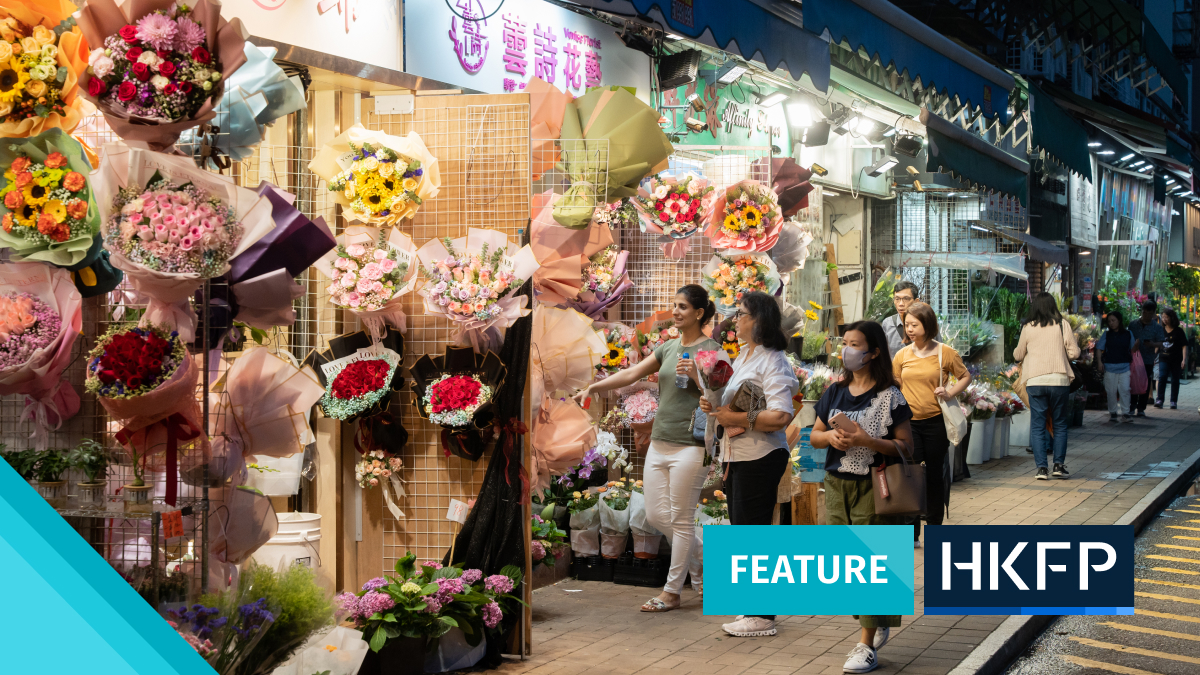An international civil society group has called for Hong Kong to end its use of repeated solitary confinement and expressed concern for detained activist Chow Hang-tung, who has allegedly been placed in isolation six times since June.
CIVICUS, a global civil society alliance established in 1993, said in a statement on Monday that Chow had been placed in solitary confinement once in June, twice in July, once in August, and once in September. According to a media report, Chow was held for seven to 14 days at a time.
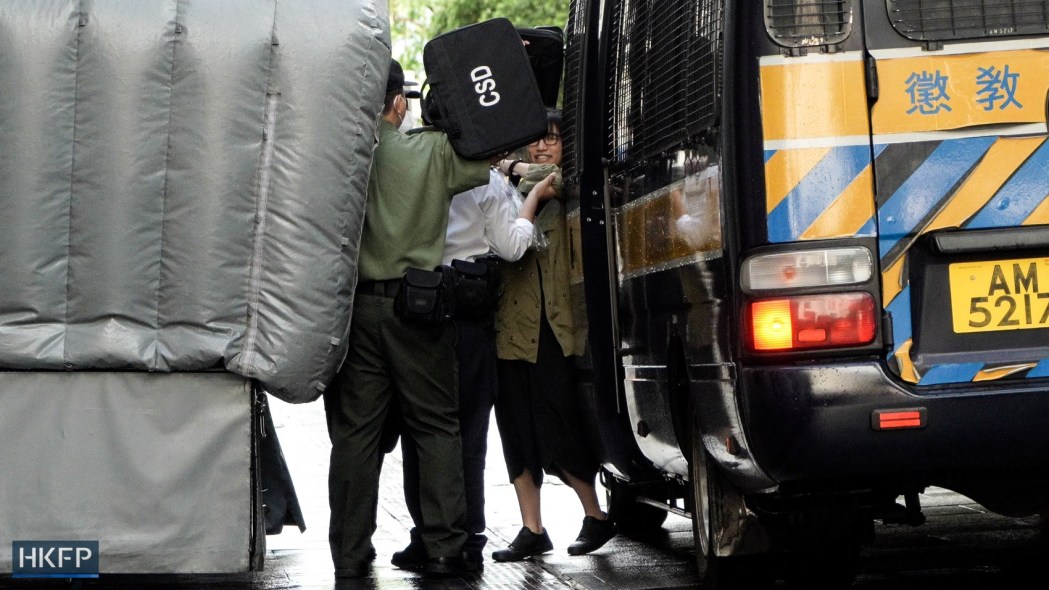
Chow was most recently placed in isolation on October 11, CIVICUS said.
“Under international laws, the use of solitary confinement must be exceptional. It must be for the minimum possible time and be subjected to adequate safeguards. The repeated use of it against Chow Hang-tung is unjust,” the group said, urging Hong Kong authorities to stop their alleged repeated use of solitary confinement.
In response to HKFP’s enquiries, including how many times Chow had been placed in solitary confinement from June to October and why, the CSD said it “will not comment on individual case,” and pointed HKFP to its webpages about isolation and medical treatment.
Chow, 38, is a human rights lawyer and former vice-chairperson of the defunct Hong Kong Alliance in Support of Patriotic Democratic Movements of China, which organised the city’s annual vigils for victims of the 1989 Tiananmen crackdown. She has been detained since September 2021.
The Tiananmen crackdown occurred on June 4, 1989 ending months of student-led demonstrations in China. It is estimated that hundreds, perhaps thousands, died when the People’s Liberation Army cracked down on protesters in Beijing.
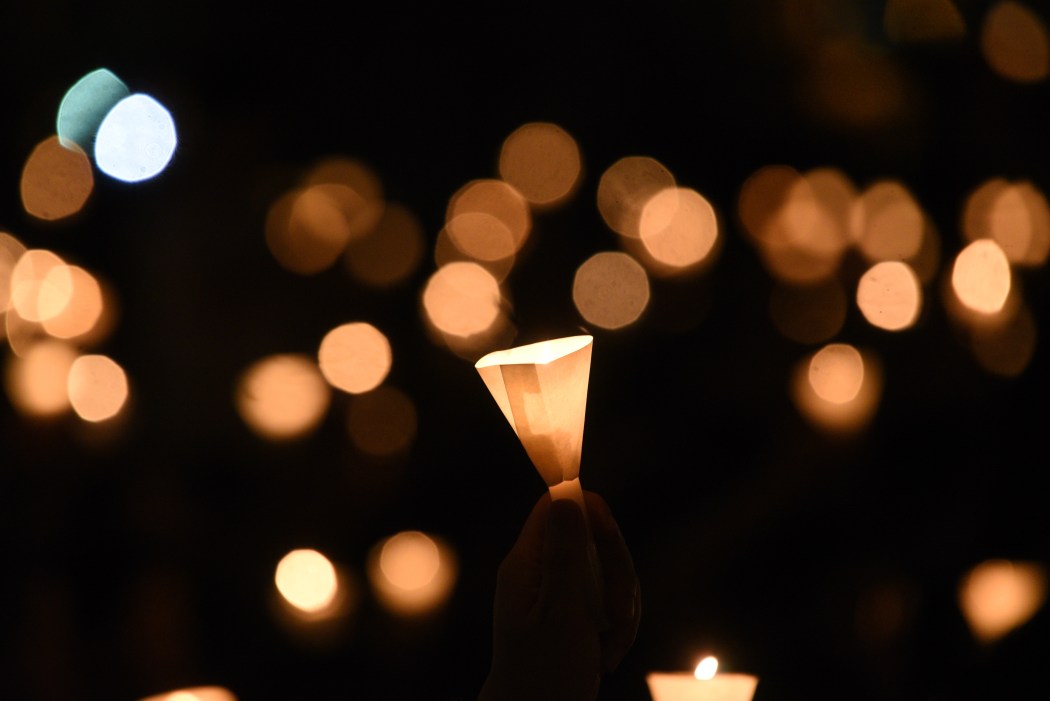
Lau Ka-yee, Chow’s friend and a former executive committee member of the Alliance, told HKFP on Tuesday that Chow had been removed from her latest stint in solitary confinement on October 14.
Lau added that Chow had been placed in isolation on six occasions since June. According to Lau, Chow had recently been found to have an extra pack of M&M’s and an extra notebook. Inmates in Hong Kong are allowed a certain number of items from visitors.
“The question is why she faced solitary confinement so many times even though she did not fight with others or riot,” Lai said in Cantonese.
According to Hong Kong’s Prison Rules, the CSD can send a prisoner to solitary confinement in five instances, including to punish a prisoner who has violated disciplinary rules, to segregate a prisoner against whom a report has been made, and to temporarily confine an unmanageable or violent prisoner.
Based on assessment by medical officers, prisoners can also be placed in solitary confinement to ensure they do not cause harm themselves or others.
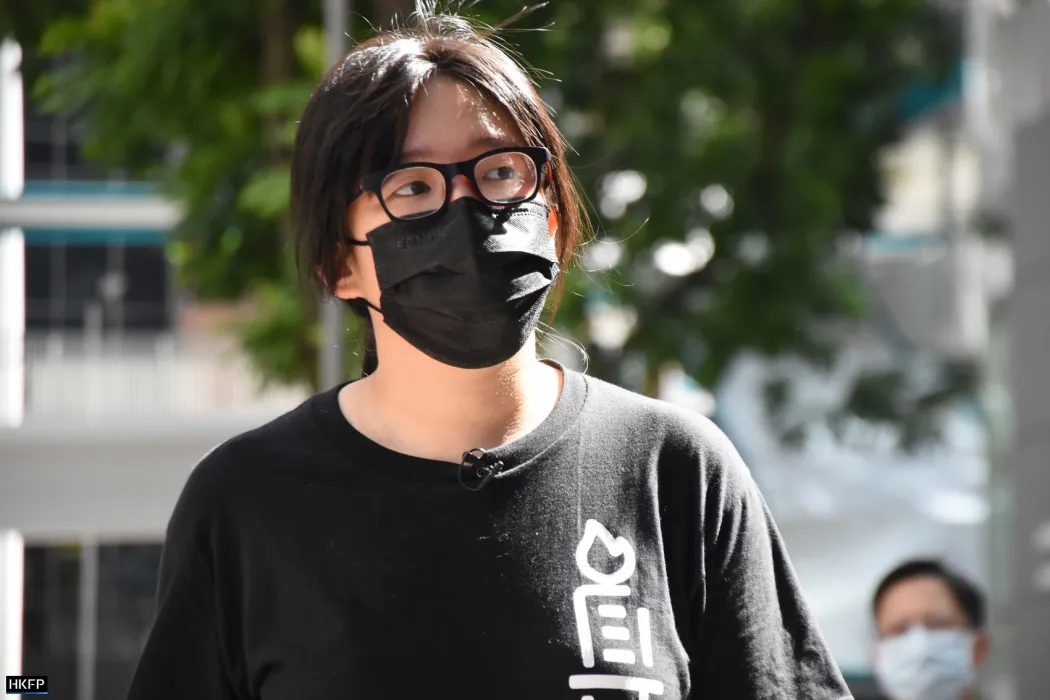
“Only because a packet of chocolate or a notebook? It is heart-breaking to see my friends in isolation,” Lau said.
In addition, Chow’s fiancé, Ye Du, who is currently in mainland China, recently said on social media that he had not received any letters from Chow in three months.
“Hang-tung and I had promised to write to each other regularly… But now it has been nearly three months since I heard from her, and people who have visited her in prison said Chow has not received my letters recently,” Ye said.
Shiu Ka-chun, a former pro-democracy lawmaker and founder of a defunct prisoner rights support group, said on Facebook on October 17 after visiting Chow that her latest stint in solitary confinement came after she shared some peanuts with other inmates.
Shiu said that Chow had told him she wrote to her fiancé every month and did not know why he had not received her letters. “Luckily, she had just received a letter from Ye Du,” Shiu wrote.

Chow was denied bail in September 2021 after being arrested and charged with inciting subversion under the national security law. A trial date in that case has yet to be set. That December, she was sentenced to 12 months in jail over her involvement in the 2020 Tiananmen crackdown vigil.
In January 2022, she received a 15-month sentence over inciting others to participate in the 2021 vigil. She appealed against her conviction and sentence, which she won in December. But the government has been granted the chance to appeal her acquittal, which will be heard on November 22.
In March, Chow was sentenced to four-and-a-half months in jail over not complying with a national security police data request.
Solitary confinement
According to media reports, prisoners in solitary confinement are separated from other inmates and sent to a special single unit, where they spend 23 hours alone. They are allowed out for one hour per day.
In Cantonese, it is sometimes called “the water-and-rice cell,” because those in isolation used to only receive rations of water and rice, although that is no longer the case.
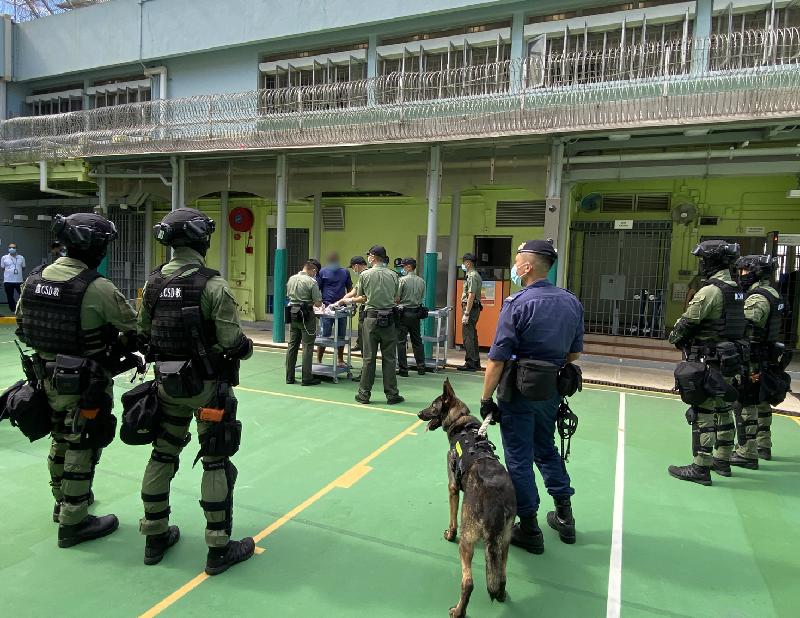
Citing academic research, social services NGO the Society for Community Organization (SoCO), a social services group and a concern group for human rights, wrote in its 2020 book Prison Reform that isolation lasting over 10 days has a negative impact on mental and physical health, and can lead to higher rates of self-harming behaviour.
For inmates sent to solitary confinement over violating discipline rules, the law stipulates that the maximum duration spent in isolation should be no longer than 28 days. There are no limits on how long prisoners sent to solitary confinement under other circumstances can stay in isolation.
In its book, SoCO said that the CSD had excessive discretionary power over solitary confinement and did not offer comprehensive statistics on the issue. The group urged authorities to set limits on the duration of confinement and to hold hearings for each case of solitary confinement.
Support HKFP | Policies & Ethics | Error/typo? | Contact Us | Newsletter | Transparency & Annual Report | Apps
Help safeguard press freedom & keep HKFP free for all readers by supporting our team

LATEST FROM HKFP
HKFP has an impartial stance, transparent funding, and balanced coverage guided by an Ethics Code and Corrections Policy.
Support press freedom & help us surpass 1,000 monthly Patrons: 100% independent, governed by an ethics code & not-for-profit.






